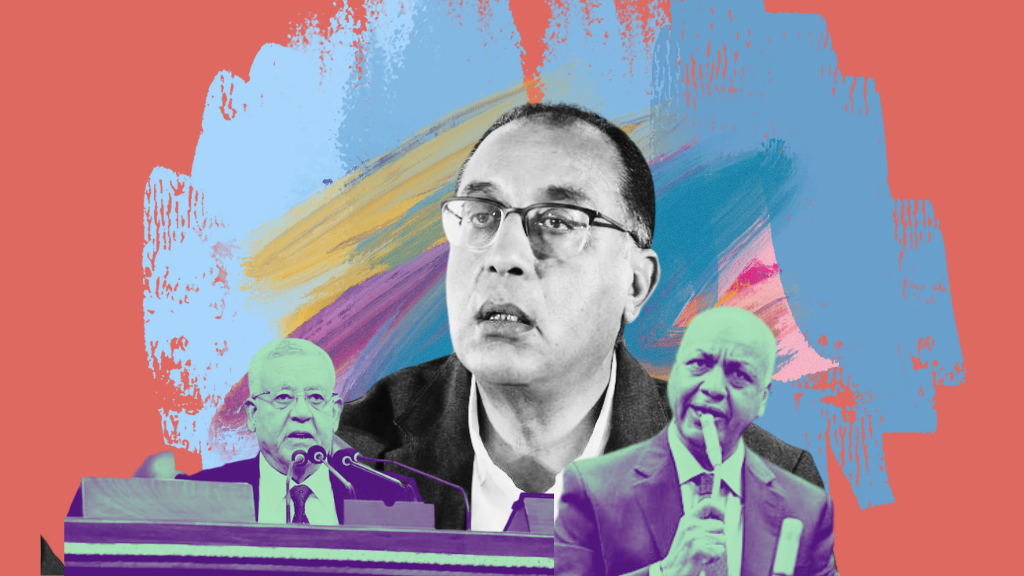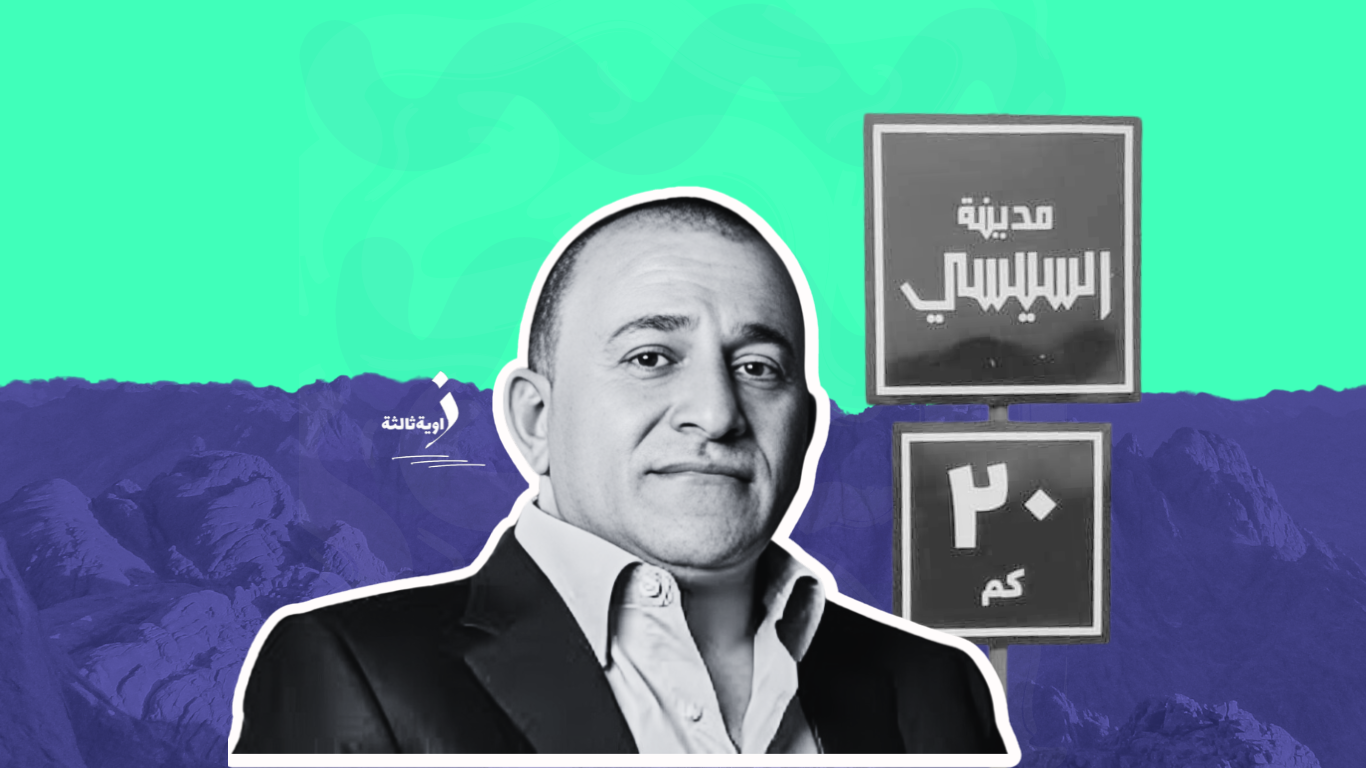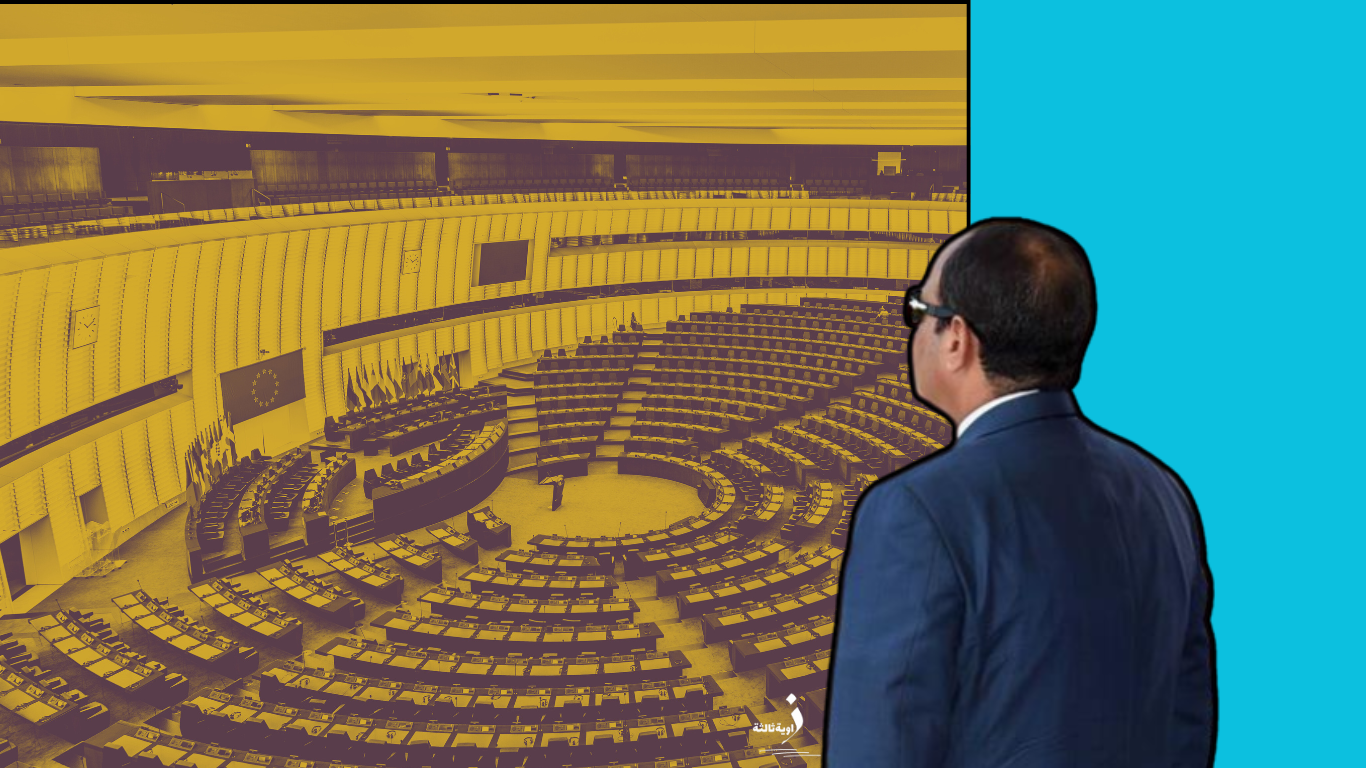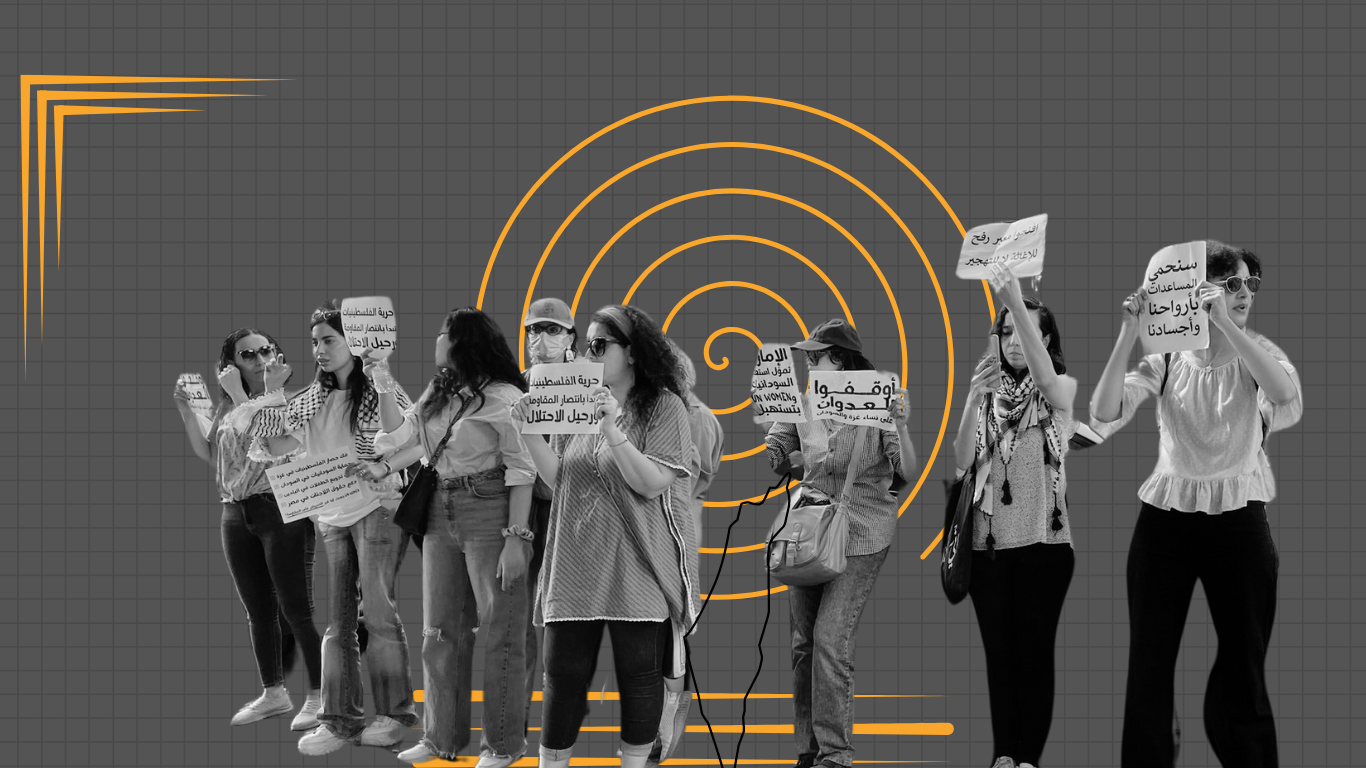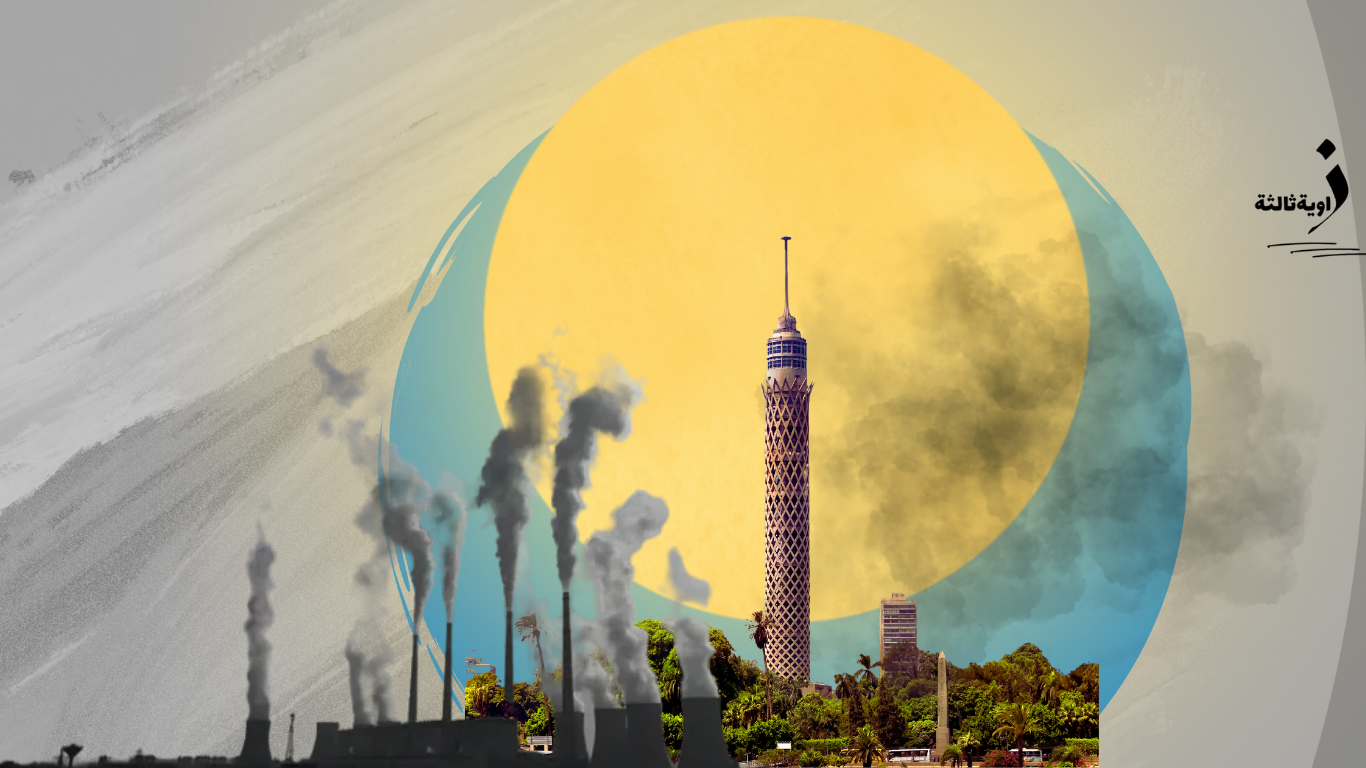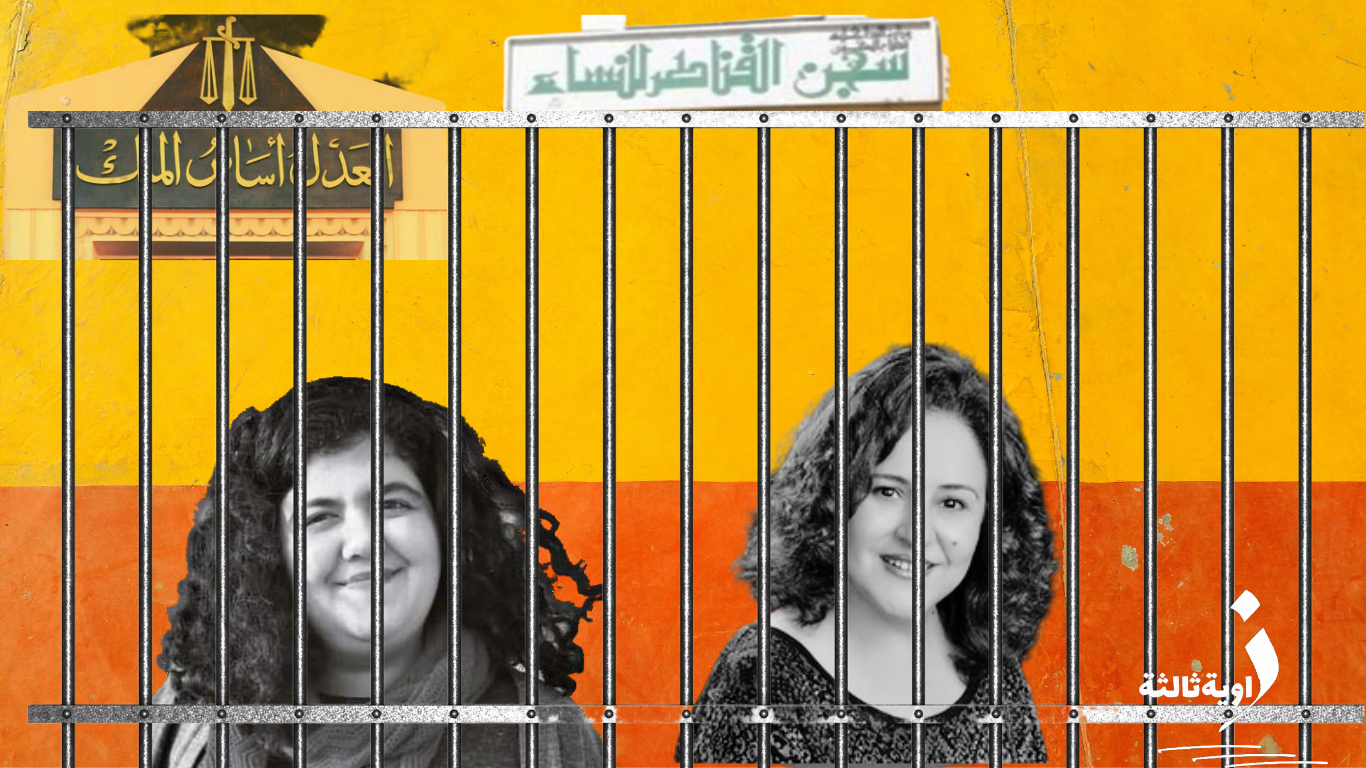The Egyptian Parliament held an emergency session on Tuesday, which was not originally scheduled, to discuss the government’s measures aimed at preventing forced displacement o Palestinians from the Gaza Strip. The session was attended by Mustafa Madbouly, the Prime Minister, to address 16 parliamentary inquiries related to the measures taken by the Egyptian government to prevent attempts of forced displacement of Palestinians from Gaza.
Plans and Agendas
Prime Minister Mostafa Madbouly, in his speech, stated, “Egypt will not hesitate to take all measures to safeguard and protect its borders. If any scenario targeting the displacement of Palestinians occurs, Egypt will have a decisive response in accordance with international law. Egypt’s stance is firm in respecting the peace treaty and adhering to its provisions, but we expect a similar stance from Israel. Egypt has repeatedly warned that global security and peace are linked to the Middle East, and it is not in anyone’s interest to create global challenges.”
Madbouly added that Egypt rejects the policy of collective punishment imposed on the Gaza Strip. He clarified that Egypt exerted pressure to deliver aid to the people of the Gaza Strip through various institutions and succeeded in delivering more than 11,200 tons of food, medical supplies, water, tents, fuel, and other aid until November 19th. Madbouly explained that this amount represents four times what more than 30 other countries sent to the Palestinian people.
The Prime Minister said that Egypt faced various plans to use the October 7th attack to impose pre-planned agendas. The goal of Israeli escalation is to export the crisis to Egypt through the largest military operation, turning it into a human bomb against Egypt. We have declared that forced displacement of Palestinians is rejected, and exporting the crisis to Egypt is a red line not open for discussion.
He claimed that there are always attempts to harm countries by imposing agendas on them, looking for weaknesses to penetrate the state, noting that Egypt has been under pressure since 2011 and will continue to face such pressures.
Egypt’s Aid to Gaza
Madbouly revealed that Egypt received 8,200 people of various nationalities from Gaza, and Egyptian hospitals treated 383 Palestinian patients, including a significant number of children. He emphasized that hospitals in North Sinai, the Suez Canal area, Port Said, Ismailia, and Greater Cairo are ready for all precise and specialized surgical operations. There are 30,000 medical staff available 24/7 to serve the people of Gaza.
He stated that Israel targeted the Rafah crossing from the Palestinian side multiple times to hinder the entry and exit of the wounded or humanitarian supplies. However, Egypt insisted on rehabilitating the crossing, although Israel controls the entry and exit of aid. Egypt applied all pressures during this process to deliver substantial assistance to the people of Gaza, and we have succeeded in doing so.
Madbouly stated that during the current crisis, President Abdel Fattah el-Sisi was the first to call for the Cairo Summit for Peace, condemning unequivocally the targeting and terrorizing of civilians, refusing to close the Rafah crossing at any moment, rejecting the forced displacement of Palestinians to Sinai, and completely rejecting the liquidation of the Palestinian cause. In the joint Arab-Islamic summit, he emphasized that policies of collective punishment and forced displacement are unacceptable, and the president continues to support the rights of the Palestinian people.
He added, “Based on this, the state declared its full condemnation of the crimes of the Israeli army in the Palestinian territories and against the Gaza Strip.”
Sisi Commends Madbouly’s Statements
Commenting on Madbouly’s speech in Parliament, Egyptian President Abdel Fattah el-Sisi wrote on his social media account, “I followed with great interest the statement of the Prime Minister before the Parliament, in which he expressed the state’s constants regarding Egyptian national security and the remaining Palestinian issue in the Egyptian national conscience, both as a state and a people.”
Parliament Rejects Palestinian Settlement
The Egyptian Parliament Speaker, Hanafy El Gebaly, emphasized the unequivocal rejection of any calls for the forced displacement of Palestinians in the Gaza Strip, citing the danger of settling the Palestinian issue and compromising Palestinian rights.
He added, “All Egyptian state authorities must unite against any attempts to forcibly displace Palestinians to Egyptian territories, as this constitutes a serious attack on its lands and a threat to its security. The Parliament always seeks to preserve the supreme interests of the state from any internal or external aggression through legislation that criminalizes any attacks on Egyptian national security. In this context, the Parliament affirms that Egyptian legislation includes a set of laws capable of deterring attempts to attack its security, whether from within or outside, imposing deterrent penalties with the aim of ensuring security across the nation, protecting its systems and authorities. The Penal Code, in its second book, provides comprehensive punitive regulations for crimes harmful to the government’s security, both externally and internally. Additionally, the anti-terrorism law considers any use of force, violence, threat, or intimidation inside or outside the country as a terrorist act when its purpose is to undermine public order, endanger the community’s safety, interests, or security, or harm national unity or security. Egyptian legislation fully complies with the international covenants and treaties endorsed by Egypt, particularly the Fourth Geneva Convention on the protection of civilian persons in time of war.”
He clarified, “The Parliament urges the international community to exert serious and effective pressure to immediately stop the gunfire, secure full access for humanitarian and relief aid to the Palestinian population in Gaza, ensuring the restoration of life’s essentials.”
Calls to Freeze Relations with the Occupation
Member of Parliament Mostafa Bakry called for freezing relations with the state of Israeli occupation, expelling its ambassador from Egypt, and recalling the Egyptian ambassador from Tel Aviv. Bakri demanded the Egyptian government establish a committee to study the Egyptian-Israeli treaty for settlement and the Camp David Agreement.
He stated that international law gives Egypt the right to file a complaint with the International Criminal Court against Israel for forced displacement, calling for filing complaints with both the court and the Security Council in this regard.
He continued, “Suppose we assume that conspirators drive Palestinians to the Egyptian borders. In that case, it will put us in an embarrassing situation. Therefore, the proactive solution is for Palestinians not to move from southern Gaza, and all Egyptian forces should move to prevent them from reaching the borders with a precise military plan.”
He emphasized that Egypt’s borders are a red line, and the Egyptian state will not give up an inch of them.
He said that development and reconstruction in Sinai are important to protect Sinai, affirming that this is a strategic vision of President Abdel Fattah el-Sisi.
Bakri added that the Egyptian people feel a boiling state due to the Israeli aggression on the Gaza Strip, explaining that the situation there is a matter of life or death for Egyptians.
He added, “The Egyptian people will stand with their state even if they cannot find food. The Israeli displacement plan aims to separate and besiege Palestinians and push them to Egypt, including the establishment of tent cities in Sinai, followed by a humanitarian corridor and the establishment of a state from Rafah to Al-Arish. The Israeli plan targets Egypt, warning that after Gaza, the West Bank will be next.”
Egyptian President Abdel Fattah el-Sisi had reiterated on Saturday that Egypt categorically rejects the forced displacement of Palestinians, whether internally or externally, especially to Egyptian territories in Sinai.
Sisi Stresses Two-State Solution
During a meeting with Ursula von der Leyen, President of the European Commission, he stated that the only solution to the Palestinian issue lies in achieving comprehensive and just peace based on the two-state solution according to internationally recognized references.
Sisi emphasized Egypt’s rejection of displacement on several occasions, stating on October 18 during a meeting with the German Chancellor Olaf Scholz in Cairo, “If there is an idea for displacement, why not move the Palestinians to the Negev?” He emphasized that Egypt refuses to turn Sinai into a “launch base for terrorist operations against Israel.”

